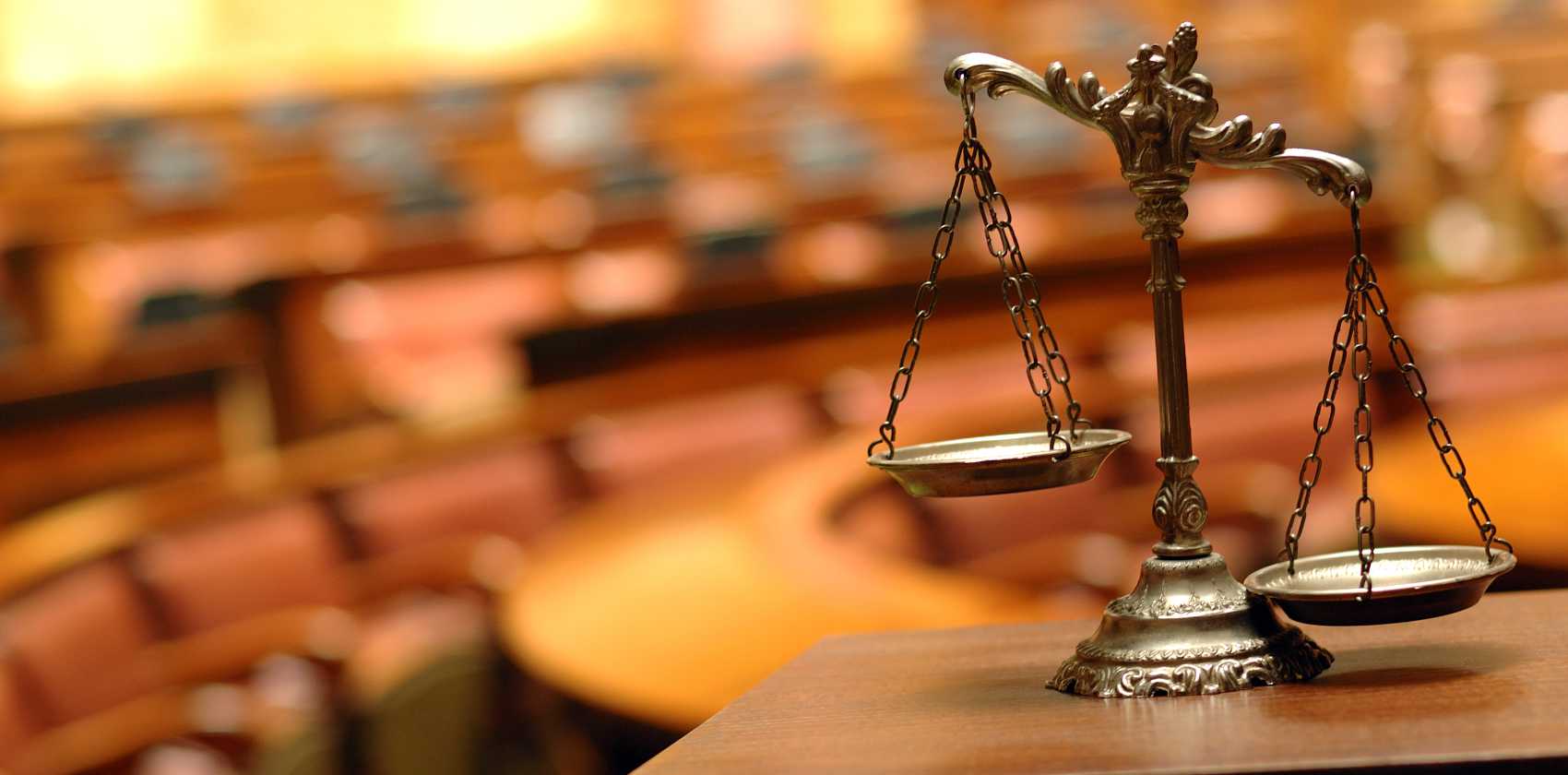
Improvement of Uzbekistan’s Judicial System
The reforms carried out over the years of independence of Uzbekistan have contributed to the democratization and liberalization of the judicial and legal sphere, increasing the role and importance of the judiciary in protecting the rights and legitimate interests of citizens. At the same time, modern requirements and strategic priorities for the country’s development required further improvement of the judicial and legal system.
The decree of the President of the Republic of Uzbekistan adopted on October 21, 2016 on “measures to further reform the judicial and legal system, strengthen guarantees of reliable protection of the rights and freedoms of citizens” marked the transition of state policy in the judicial sphere to a qualitatively new level, defining the main priorities for such tasks as ensuring genuine independence of the judiciary, strengthening guarantees for reliable protection of the rights and freedoms of citizens, as well as increasing the level of access to justice.
In order to implement these priorities, one of the most important tasks of the judicial, law enforcement and regulatory bodies has been to ensure strict observance of the norms of Article 112 of the Constitution of Uzbekistan on the independence of judges, their subordination only to the law and the principle of inevitability of responsibility for interfering with the activities of judges in the administration of justice.
In general, the central place in the reforms carried out in the judicial and legal sphere of the country is occupied by the consistent democratization of the judicial system and strict observance of the said constitutional principle, which ensures reliable protection of human rights and freedoms.
At the same time, in the adopted strategy of actions in five priority areas of development of the Republic of Uzbekistan in 2017-2021, the expansion of guarantees of reliable protection of the rights and freedoms of citizens, an increase in the level of their access to justice, the efficiency and quality of legal proceedings, further improvement of the system of selection of candidates and appointment to positions judges are enshrined as key areas of reform in the judicial and legal sphere.
An important step in the implementation of the tasks noted and marking the transition of state policy in this area to a qualitatively new level was the adoption of the Decree of the President of Uzbekistan on “measures to radically improve the structure and increase the efficiency of the judicial system of Uzbekistan.”
According to this Decree, in order to radically improve the system for selecting candidates and appointing judges, expanding the participation of judges in this process, increasing the status and powers of the body responsible for the formation of a highly qualified judiciary, the Supreme Judicial Council of Uzbekistan was formed.
As an organ of the judicial community, the Supreme Judicial Council is called upon to assist in ensuring compliance with the constitutional principle of the independence of the judiciary. It includes the Chairman of the Council, appointed by the Senate on the proposal of the President of the Republic of Uzbekistan, and 20 members approved by the President of Uzbekistan from among the judges who make up the majority of its composition, as well as representatives of law enforcement agencies, civil society institutions and qualified legal professionals. At the same time, 13 members of the Supreme Judicial Council will carry out their activities on a permanent basis, and the remaining eight members on a voluntary basis.
At the same time, the Supreme Judicial Council is entrusted with the tasks of forming the judiciary on the basis of an open and transparent competitive selection of candidates for the positions of judges from among the most qualified specialists; taking measures to prevent violation of the immunity of judges and interference in their activities in the administration of justice; organising professional training; and candidates and judges establishing a dialogue with the population.
Also, the Council is empowered to appoint, in agreement with the President of Uzbekistan, and dismiss judges, with the exception of judges of the Constitutional Court, the Supreme Court, chairmen and deputy chairmen of the Military Court and regional courts.
In addition, in order to carry out a systematic analysis of judicial practice, prepare proposals for its improvement, the Research Center for the Democratization and Liberalization of Judicial Legislation and Ensuring the Independence of the Judicial System under the Supreme Court of Uzbekistan is being transformed into the Research Center for the Study of Problems of Justice under the High Judicial Council.
It should also be noted that a significant provision of this Decree was the unification of the Supreme Court and the Supreme Economic Court of Uzbekistan into a single supreme body of judicial power in the field of civil, criminal, administrative and economic proceedings – the Supreme Court of Uzbekistan. This reform will lead to the elimination of duplication of functions of management of the judicial system and the formation of a unified judicial practice. The parallel functioning of the two higher judicial authorities did not ensure uniform application of the requirements of the legislation and led to the adoption of different decisions on similar issues.
At the same time, the formation of a new system of courts authorised to consider disputes arising from public law relations, as well as cases of administrative offenses, is of particular importance.
Thus, for the first time, a judicial collegium for administrative cases of the Supreme Court of Uzbekistan, administrative courts are formed, which in turn are designed to ensure the implementation of the constitutional guarantee of citizens’ rights to appeal against illegal actions (inaction) state bodies and their officials. In particular, 199 district (city) administrative courts will be optimized, and 14 inter-district administrative courts will be created in regional centers.
Until now, consideration of complaints against actions (inaction) of state bodies and their officials was carried out by civil courts and economic courts in accordance with the Civil and Commercial Procedure Codes, and cases of administrative offenses – by criminal courts in accordance with the Code of Administrative Responsibility. Now such cases will be considered by the newly created administrative courts.
Also, it is planned to develop draft laws on “Administrative Proceedings” and “Administrative Procedures” aimed at establishing a procedural procedure for considering administrative cases, strengthening the rule of law in the activities of state bodies, introducing modern procedures for exercising the rights and legitimate interests of legal entities and individuals.
Based on modern requirements, as well as to further improve the system of ensuring the protection of the rights of business entities by this Decree, the economic courts of the regions are transformed into the corresponding economic courts. At the same time, taking into account the consistent increase in the country’s economic potential and the number of business entities, inter-district, district (city) economic courts will be created.
Of course, these reforms are aimed at strengthening the independence of the courts and will serve to remove unnecessary bureaucratic obstacles in ensuring judicial protection of citizens’ rights. To do this, Uzbekistan needs to continue to study new laws and international documents, improve professionalism, as well as continue to improve judicial and law enforcement practice.
Ministry of Justice
Republic of Uzbekistan






